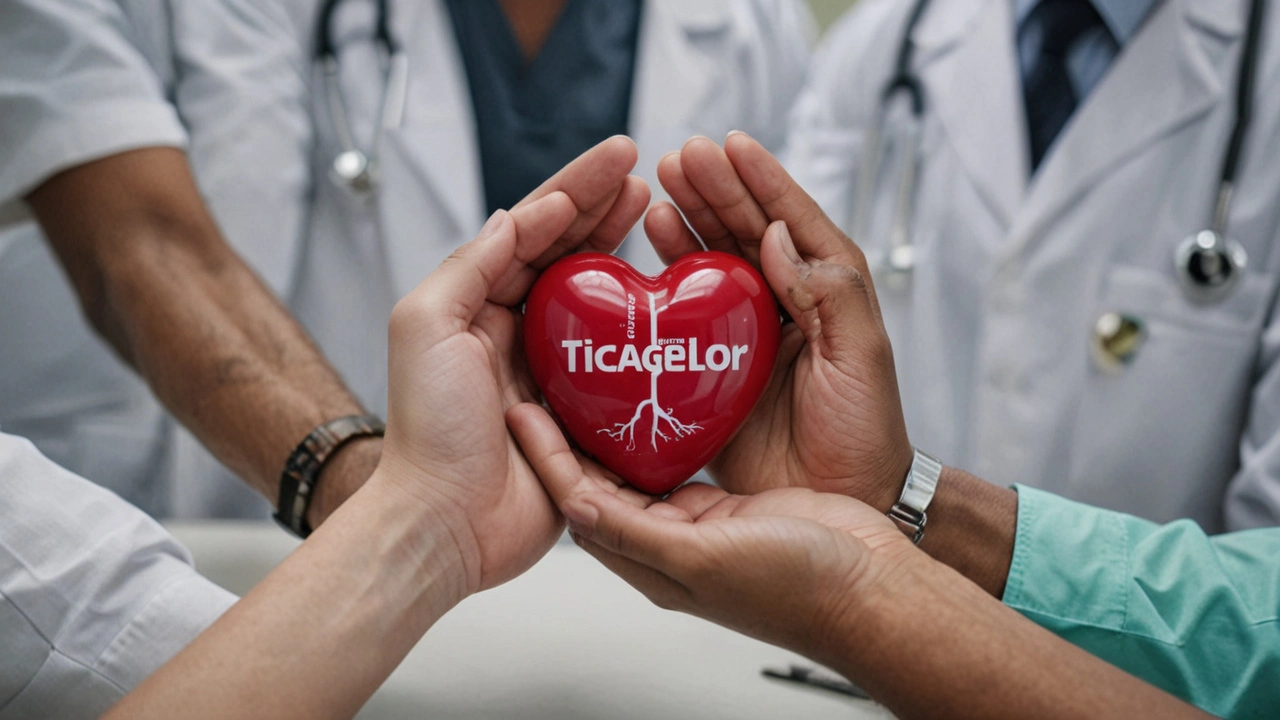Blood thinner basics: what they do and who needs them
Blood thinners help prevent dangerous clots that can cause strokes, heart attacks, or deep vein thrombosis (DVT). They don’t actually "thin" blood — they slow clotting so clots are less likely to form or grow. Common reasons doctors prescribe them include atrial fibrillation, recent DVT or pulmonary embolism, and after some heart procedures.
There are two main types: anticoagulants (like warfarin, apixaban, rivaroxaban, dabigatran) and antiplatelet drugs (like aspirin and ticagrelor). Anticoagulants change proteins in the clotting system; antiplatelets stop platelets from sticking together. Knowing which type you take matters for testing, diets, and drug interactions.
Quick safety tips you can use
Want simple things you can do today? First, keep a list of every medicine, supplement, and herb you use. Many common products — ibuprofen, naproxen, fish oil, some supplements — raise bleeding risk. If you take warfarin, regular INR checks are needed to keep dosing safe. With newer direct oral anticoagulants (DOACs) like apixaban, you usually don’t need routine blood tests, but you still need regular follow-ups.
Tell every provider you take a blood thinner before any procedure, dental work, or new prescription. Ask whether you need to stop the medicine before surgery and how to restart it. Never stop a blood thinner on your own: abrupt stopping can cause clots to form quickly.
Signs of trouble and when to act
Watch for unusual bleeding: large bruises, blood in stool or urine, long nosebleeds, coughing up blood, or heavy bleeding from small cuts. Also watch for sudden severe headache, trouble speaking, or weakness — those could be signs of a brain bleed and need emergency care. If bleeding is heavy or won’t stop, call emergency services.
Minor cuts can often be managed at home, but if you’re worried, contact your doctor. Keep a supply of vitamin K-rich foods in mind if you’re on warfarin — spinach and kale matter for dosing — but don’t change your diet suddenly without advice.
Thinking about ordering medications online? Be careful. Use licensed pharmacies, check for a valid prescription requirement, and watch for unrealistic prices or no-contact sellers. Our site has related posts on DVT treatment and on Ticagrelor that explain real-world options and risks.
Finally, stay organized: carry a card or wear a medical ID stating you’re on a blood thinner, keep follow-up appointments, and ask clear questions at each visit. With the right precautions, these medicines are powerful tools to prevent life‑threatening clots while keeping you safe day to day.
Understanding Ticagrelor: What Patients and Healthcare Providers Need to Know
Ticagrelor is a vital medication for heart health, specifically used to prevent blood clots for those at risk of heart attacks and strokes. This guide provides patients and healthcare professionals with essential information about how Ticagrelor works, its benefits, potential side effects, and practical tips for usage. Learn how to manage heart health better with insights on this important blood thinner.
More
